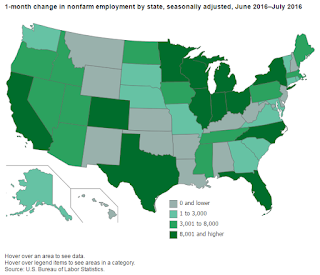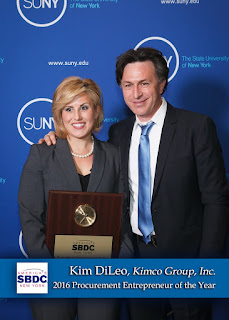NY SBDC Minority Entrepreneur of the Year – Percy Caraballo, Cutting Edge Lawn Service

Percy Caraballo, the son of Cuban immigrant parents, saved pocket change stored in 5-gallon water containers, as seed money to start Cutting Edge Lawn Service and Landscaping. He had one lawn mower and one landscape trailer when he launched his business. Percy’s fleet is valued in excess of $1M today, and comprises 13 trucks, seven trailers, four chippers, and a stump grinder. Cutting Edge provides lawn service, landscaping, tree trimming, tree removal, stump grinding, and snow plowing/removal for regional, municipal, public authorities and commercial accounts. Over the past eight years, Percy has managed his operations without an accident, earning him an award for sustaining a 100% accident-free safety record. He has 28 PT/FT employees providing year-round services. Percy consulted the SBDC for procurement assistance that led to his obtaining MBE Certification. Advisors Vanessa Primus and Cynthia Clune also provided solicitation reviews, helped interpret co






















